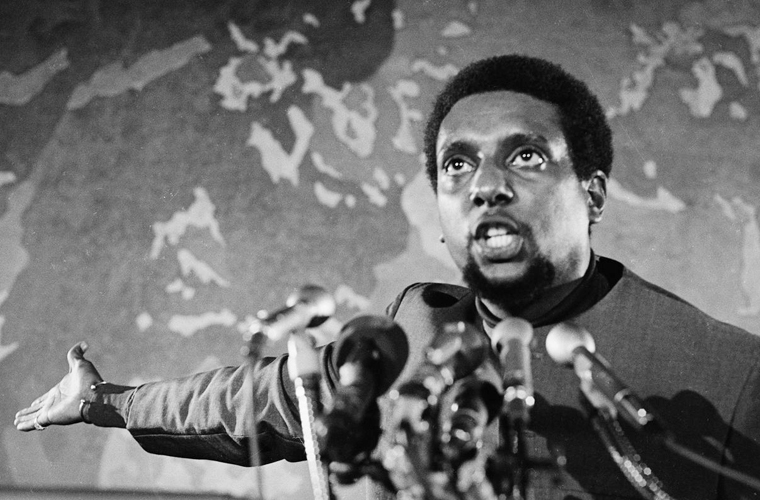Stokely Carmichael, born on June 29, 1941, was a prominent figure in the Civil Rights Movement in the United States. He played a significant role in advocating for black power and self-determination, leaving a lasting impact on the fight for racial equality. Carmichael was born in Port of Spain, Trinidad and Tobago, and moved to the United States at the age of 11. He attended Howard University in Washington, D.C., where he became involved in civil rights activism. It was during his time at Howard that Carmichael first encountered the teachings of Martin Luther King Jr., who would later become his mentor.
In 1961, Carmichael joined the Freedom Rides, a series of bus trips throughout the South to challenge segregation on interstate buses and in bus terminals. He was arrested multiple times for his participation in these protests, experiencing firsthand the brutality and injustice of the Jim Crow era. Carmichael’s activism continued to grow, and he became a prominent member of the Student Nonviolent Coordinating Committee (SNCC). As chairman of the organization from 1966 to 1967, he helped shift its focus toward black power and self-determination. Carmichael believed that African Americans needed to assert their own political and economic power to achieve true equality.
One of Carmichael’s most famous speeches was delivered in 1966 at a rally in Mississippi. In this speech, he popularized the phrase “black power,” which became a rallying cry for many in the African-American community. While some interpreted this as a call for violence or separatism, Carmichael saw it as a call for self-defense and self-reliance.
Carmichael’s advocacy for black power and self-determination brought him into conflict with more moderate civil rights leaders, including Martin Luther King Jr. Despite their differences, Carmichael and King shared a common goal of racial equality and justice. Their approaches may have differed, but both men sought to challenge the systemic racism that plagued American society.
After leaving SNCC in 1967, Carmichael became involved with the Black Panther Party and continued to advocate for black power. He also spent time living in Guinea, West Africa, where he worked with President Ahmed Sékou Touré on various projects aimed at empowering African nations. Tragically, Stokely Carmichael’s life was cut short when he passed away on November 15, 1998, at the age of 57. However, his legacy lives on in the ongoing struggle for racial equality and social justice.
Stokely Carmichael’s contributions to the Civil Rights Movement cannot be understated. His advocacy for black power and self-determination challenged the status quo and inspired generations of activists. While his methods may have been controversial at times, there is no denying the impact he had on the fight for racial equality in the United States.

